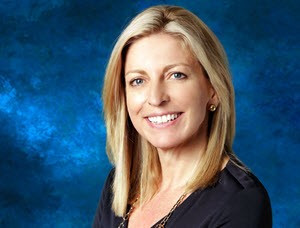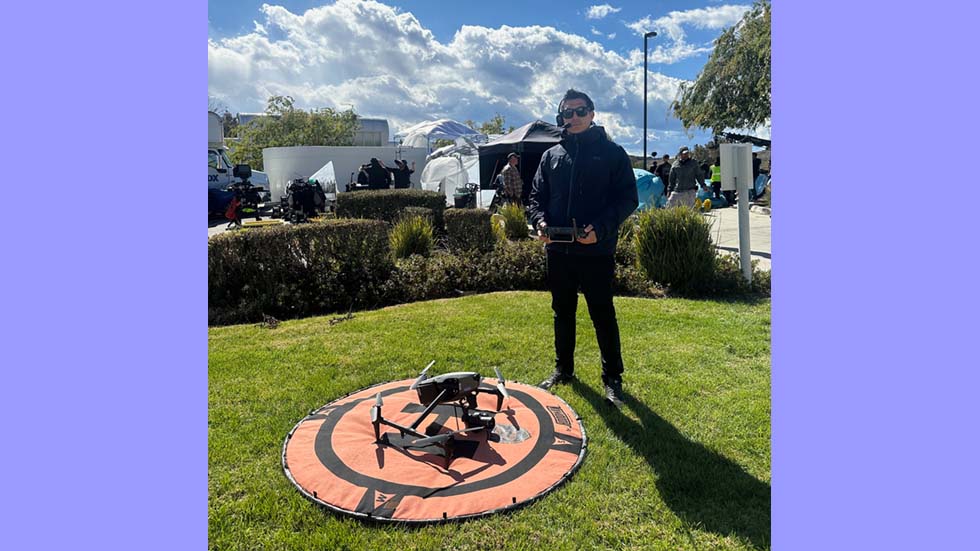Phoenix To Serve As ‘Model Market’ For ATSC 3.0
PHOENIX—Seven broadcasters across 10 stations in Phoenix will launch what they describe as a “model market” to demonstrate the viability of the next-gen ATSC 3.0 ecosystem while at the same time continuing to serve over-the-air viewers with legacy ATSC 1.0 digital television, the broadcasters announced today.

The broadcasters include E.W. Scripps Company, Fox Television Stations, Meredith Local Media Group, Nexstar Media Group, Tegna, Telemundo Station Group and Univision. The Pearl TV consortium will coordinate the effort.
“Our goal is to have the market serve as a model for deployment for the next generation of TV service,” said Anne Schelle, managing director of Pearl TV.
“That will provide the industry with the components and framework that will be common as guidelines for the industry to deploy 3.0 services.”
Government authorization allowing broadcasters to begin deploying ATSC 3.0 on a voluntary basis is expected to be granted Nov. 16 at the FCC’s monthly Open Commission Meeting in Washington, D.C.
If commissioners vote in the affirmative, the participating Phoenix broadcasters will aim to have ATSC 3.0 service on air before the NAB Show, April 7-12 in Las Vegas, said Schelle.

Anne Schelle
Get the TV Tech Newsletter
The professional video industry's #1 source for news, trends and product and tech information. Sign up below.
There were a few reasons Phoenix, with more than 20 percent of its 1.8 million TV viewers receiving OTA television, was chosen for the model market project, she said.
“First, we are already testing together for the Verance watermark test,” said Schelle. Another factor was separate ATSC 3.0 interactivity testing Pearl TV has been involved with in the market.
Additionally, the consortium has a good relationship with cable operators in Phoenix, which makes it easier to test MVPD interoperability, she said.
Finally, only a couple of the stations participating in program will be changing channel assignments as part of the FCC TV spectrum repack and those stations are assigned to Phase 1 of the repack, she said. That made it relatively uncomplicated to get an early start in Phoenix.
Participating stations include:
· KNXV (Channel 15), E.W. Scripps Company’s ABC affiliate;
· KSAZ (Channel 10), Fox Television Station’s Fox station;
· KUTP (Channel 26), Fox Television Station’s MyTV Network;
· KPHO (Channel 17), Meredith Local Media Group’s CBS affiliate;
· KTVK (Channel 24), Meredith Local Media Group’s independent;
· KASW (Channel 49), Nexstar Media Group’s CW Network affiliate;
· KTAZ (Channel 39), Telemundo Station Group’s Telemundo station
· KPNX (Channel 12), Tegna’s NBC affiliate;
· KFPH-CD (Channel 35), Univision’s UniMas station; and
· KTVW-DT (Channel 33), Univision.
Phoenix will serve as a testbed for the business models and the consumer testing needed to prepare go-to-market strategies for next-generation television, said Schelle.
Among those are over-the-air delivery to fixed receivers, mobile –especially for the automotive market—as well as interactivity and MVPD retransmission.
An equally important thrust is to demonstrate the viability of the lighthouse approach to keeping legacy DTV on-air while broadcasters transition to 3.0, she said. The approaches taken in Phoenix can serve as a model to the entire industry.
Schelle said she envisions channel sharing beyond what she calls “self-sharing,” or duopolies, as part of the effort in Phoenix.
“All of this demonstrates to the market the seriousness of broadcasters [regarding 3.0] and the need for the entire ecosystem to invest and complete implementations,” she said.
“The standard is near completion. Now it is time to build and get out to the marketplace.”
For a comprehensive list of TV Technology’s ATSC 3.0 coverage, see our ATSC3 silo.
Phil Kurz is a contributing editor to TV Tech. He has written about TV and video technology for more than 30 years and served as editor of three leading industry magazines. He earned a Bachelor of Journalism and a Master’s Degree in Journalism from the University of Missouri-Columbia School of Journalism.

